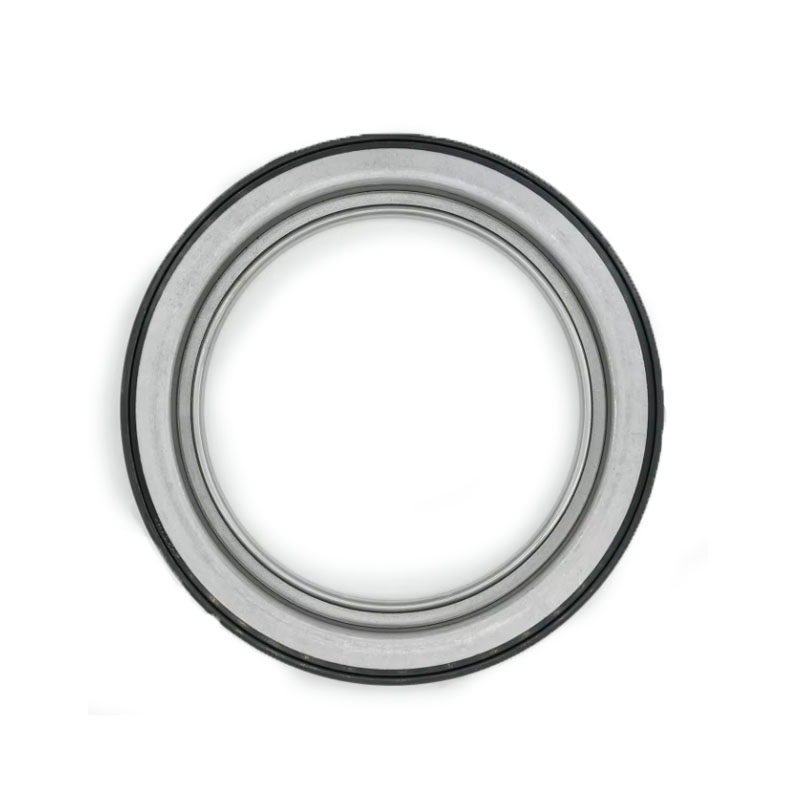industrial oil seals
Understanding Industrial Oil Seals Essential Components for Machinery Efficiency
Industrial oil seals are crucial elements in the machinery and automotive sectors, serving as barriers to prevent fluid leaks and contamination. These seals are designed to maintain the integrity of lubrication systems, ensuring that machinery operates efficiently and reliably. In this article, we will explore the significance of oil seals, their construction, applications, and the factors to consider when selecting the right oil seal for a specific application.
Oil seals, often referred to as shaft seals or rotary seals, are primarily used to retain lubricants while excluding contaminants such as dust, dirt, and water. By preventing these foreign materials from entering the machinery, oil seals protect critical components from wear and tear, thereby extending the lifespan of the equipment. This is particularly important in industrial settings where machinery operates under high speeds, loads, and varying temperatures.
The construction of industrial oil seals typically involves a combination of materials like rubber, silicone, or polyurethane, which provide the necessary flexibility and resilience
. These seals feature a metal casing that offers structural support and durability, while the elastomeric part adapts to the shaft motion, creating a tight seal. The design can vary significantly, depending on the type of machinery and the specific requirements of the application. For instance, some oil seals incorporate additional features like grooves and lips to enhance sealing performance.industrial oil seals

Applications of industrial oil seals are vast, ranging from automotive engines and transmissions to industrial pumps and compressors. In automotive systems, they are essential for ensuring that oils do not leak from the crankcase or gear housings, which can cause immense damage if not adequately contained. In industrial environments, oil seals help maintain operational efficiency in equipment like hydraulic systems, where fluid containment is critical to functionality.
When selecting oil seals, several factors should be considered. First, the operating environment plays a significant role; factors like temperature, pressure, and the type of fluids in use must align with the specifications of the oil seal. Second, the shaft size and material are vital. The oil seal must match the shaft's diameter and surface finish to create an effective seal. Lastly, considering the seal's longevity and compatibility with the lubricants used can help in maintaining optimal performance over time.
In conclusion, industrial oil seals are indispensable components that protect machinery from fluid leaks and environmental contaminants. Understanding the complexity behind their design and the applications they serve is essential for anyone involved in machinery maintenance or equipment design. By selecting the right oil seal, industries can improve efficiency, reduce maintenance costs, and enhance the longevity of their machines, ultimately leading to better productivity and operational success.
-
The Ultimate Guide to Car Repair Kits: Tools and Essentials Every Driver Should Own
News Aug.01,2025
-
The Complete Guide to Oil Pan Gaskets: Sealing Engine Leaks the Right Way
News Aug.01,2025
-
Preventing Oil Leaks: A Complete Guide to Oil Pan Gaskets and Drain Seals
News Aug.01,2025
-
Everything You Need to Know About Oil Pan Gaskets and Drain Plug Seals
News Aug.01,2025
-
Essential for Car Owners: How to Use a Car Repair Kit to Deal with Minor Breakdown
News Aug.01,2025
-
Comprehensive Guide to Engine Oil Sump Gaskets and Related Seals
News Aug.01,2025
-
The Ultimate Guide to Boat Propeller Bearings and Trailer Wheel Bearings
News Jul.31,2025
Products categories















